Premium Only Content
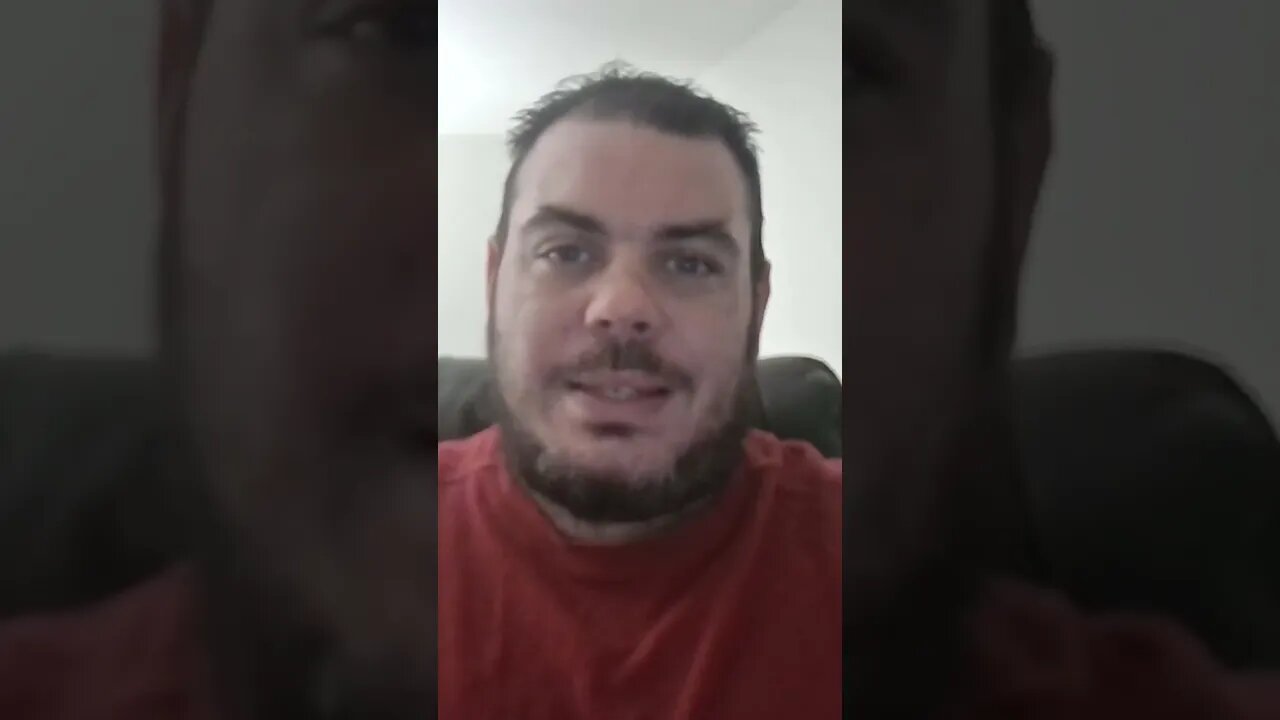
Everything CHANGED In The 80’s
In the 1980s, American politicians began to increasingly rely on large corporate donations as a means to fund their campaigns. This shift was largely influenced by changes in campaign finance laws and the growing influence of money in politics.
One key factor that contributed to this trend was the Supreme Court's 1976 decision in the case of Buckley v. Valeo. This ruling equated campaign spending with free speech and upheld limits on individual contributions to political campaigns but struck down restrictions on independent expenditures. This decision opened the door for corporations and wealthy individuals to spend unlimited amounts of money to support political candidates or causes, leading to the rise of political action committees (PACs).
The emergence of PACs in the 1980s played a significant role in the increased corporate donations to politicians. These organizations allowed corporations to pool their resources and make substantial contributions to candidates they supported. PACs became a way for corporations to gain access and influence in the political sphere, as politicians increasingly relied on these donations to fund their campaigns.
Additionally, the 1980s saw the rise of "soft money" in political campaigns. Soft money refers to contributions made to political parties rather than directly to candidates. While there were restrictions on how soft money could be used, loopholes allowed parties to use these funds for activities that indirectly benefited specific candidates. This enabled corporations to donate large sums of money to political parties, indirectly supporting their preferred candidates without violating direct contribution limits.
The increased reliance on corporate donations in the 1980s had significant consequences for American politics. It led to concerns about the influence of money in shaping political decisions and policy outcomes. Critics argued that politicians became more responsive to the interests of corporations rather than the needs of ordinary citizens. The influence of corporate donations also fueled perceptions of a "pay-to-play" system, where access and influence were granted to those who could afford to make substantial contributions.
Ultimately, the 1980s marked a turning point in American politics as politicians increasingly sought and accepted large corporate donations to fund their campaigns. This shift in campaign financing practices had a lasting impact on the political landscape and raised important questions about the role of money in shaping democratic processes and policy outcomes.
#politics #bigpharma #militaryindustrialcomplex #president #corruption #cia #war #greed #presidentialcampaign #wallstreet #usa #america
-
 3:01:28
3:01:28
PandaSub2000
16 hours agoDEATH BET w/MrMatthews + GAME BOY! (Edited Replay)
7.27K -
 23:24
23:24
GritsGG
13 hours agoSpectating Solos! Most Winning Player Watches Random Solo Players!
4.08K -
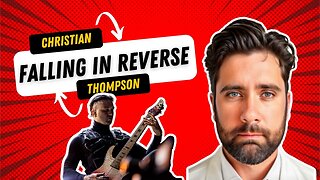 32:09
32:09
ThisIsDeLaCruz
2 days ago $8.14 earnedFalling In Reverse: Christian Thompson’s Stage Tech Revealed
52.7K9 -
 LIVE
LIVE
Lofi Girl
3 years agolofi hip hop radio 📚 - beats to relax/study to
162 watching -
 18:03
18:03
Nikko Ortiz
2 days agoEBT Meltdowns Are Insane...
56.5K139 -
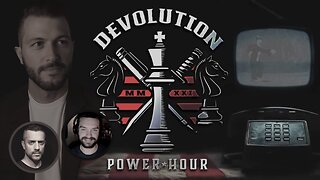 2:02:46
2:02:46
Badlands Media
1 day agoDevolution Power Hour Ep. 405: Live from Cocoa Beach
199K71 -
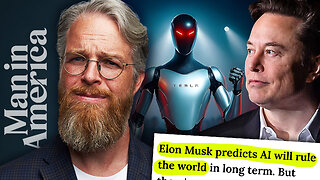 1:33:56
1:33:56
Man in America
11 hours agoElon Says the Quiet Part Out Loud: AI Will RULE Humans, No More Money, BILLIONS of Robots
58K61 -
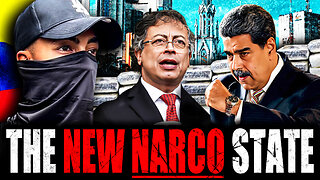 51:25
51:25
The Connect: With Johnny Mitchell
12 hours ago $34.65 earnedInside The REAL Narco State: The Colombian Drug Cartels DOMINATING The Global Cocaine Trade
37.7K17 -
 3:57:53
3:57:53
MattMorseTV
10 hours ago $119.74 earned🔴Saturday Night NEWS + DRAMA.🔴
115K73 -
 2:02:09
2:02:09
BlackDiamondGunsandGear
12 hours agoAfter Hours Armory / Leaked GLOCK images / Gunderware
32.8K6